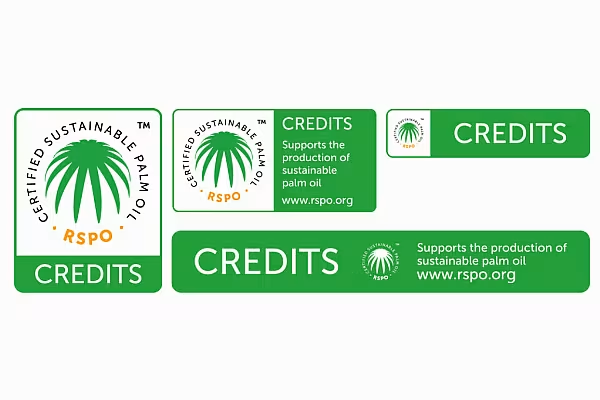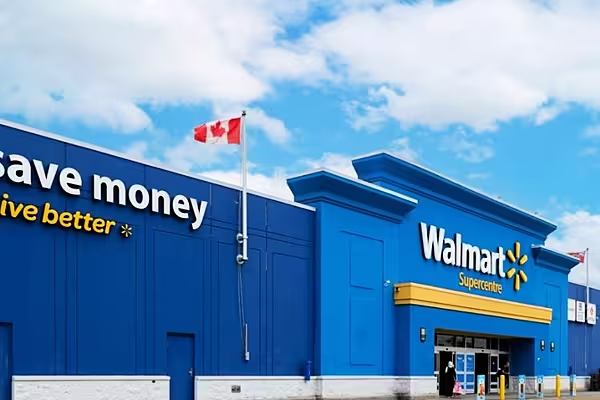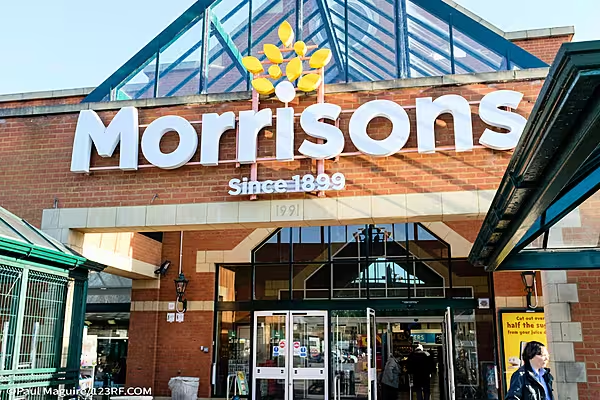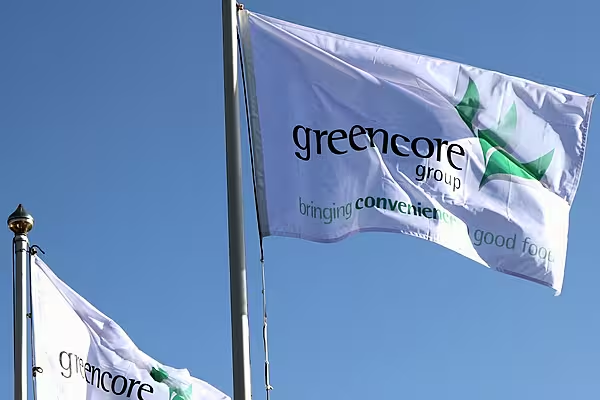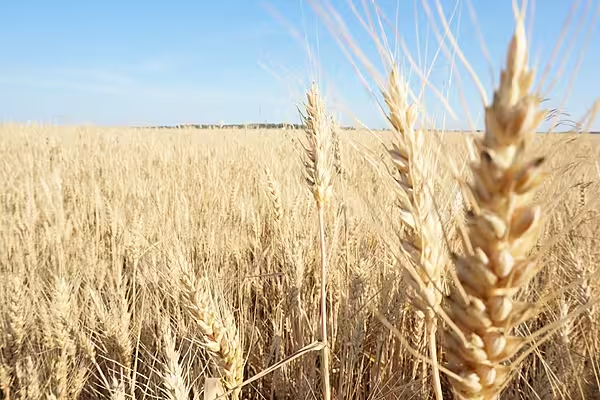Smallholders are vital to global agricultural production, contributing significantly to the cultivation of key commodities like palm oil, cocoa, coffee, and rubber.
According to research carried out in 2021 by the Food and Agricultural Organisation (FAO), smallholder farmers produce around a third of the world's food.
However, small-scale farmers often face significant challenges, making their inclusion in the food supply chain a moral and strategic necessity for retailers.
Role Of Smallholders In The Palm Oil Supply Chain
In the palm oil supply chain, smallholders are farmers who cultivate small plots of land, often less than 50 hectares.
In countries like Indonesia and Malaysia, which account for about 80% of global palm oil production, 40% of the total area for oil palm production comes from smallholders. The palm oil sector is an economic backbone of these two Southeast Asian countries and a main generator of employment, wealth and socioeconomic development for smallholders. Presently, it is estimated that more than seven million smallholders globally make a living from oil palm.
Over the past 20 years, the palm oil industry has made significant progress towards sustainability, which requires financial resources to obtain certification and training to apply best management practices. However, smallholders often lack the financial means and technical ability to join this shift on a local and global level to achieve industry-wide transformation. Globally, just 30,000 smallholders are certified by the Roundtable on Sustainable Palm Oil (RSPO).
Smallholders need to be included across the entire supply chain and retailers have a unique opportunity to drive positive change in this area. The most direct way is by purchasing RSPO Credits, which incentivise certified smallholders to adopt sustainable practices and gives them access to global markets at a premium.
Retailers’ Role In Empowering Smallholders
Retailers can bridge the gap by working with NGOs, non-profit organisations, certification bodies, or even forming direct partnerships with smallholder communities.
As an example, Marks & Spencer, a leading British retailer, extends its commitment beyond direct supply chains by partnering with Forever Sabah, a non-profit organisation, where it has supported the audit and successful RSPO Certification of smallholders in Malaysia, in addition to sourcing RSPO Certified palm oil.
Such collaborative efforts from retailers help safeguard forests and empower local smallholder farmers to cultivate palm sustainably, enabling more RSPO Certified sustainable palm to come to market.
For more information, visit rspo.org.
This article was written in partnership with RSPO.
